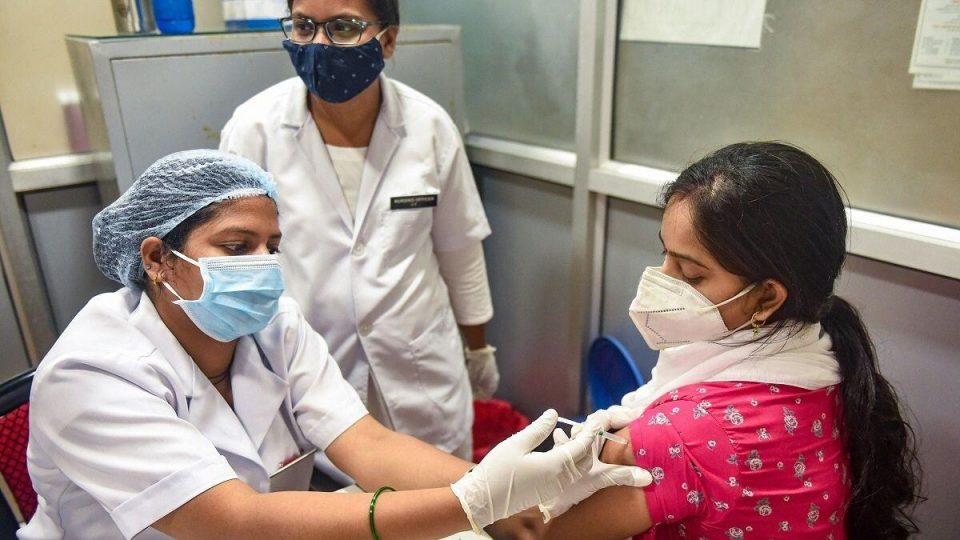
WHO director seeks ‘situation-specific COVID measures’ in South-East Asia

A surge in COVID cases in South-East Asia has prompted the World Health Organization (WHO) to ask the governments to implement strict public health and social distancing measures.
A day before, the WHO warned that the Omicron variant of COVID-19 is killing people across the globe and should not be dismissed as mild. “All preventive and protective measures must be implemented with full earnestness by one and all. Authorities must implement situation-specific measures to arrest the further spread of the virus. People must adhere to these measures. Masks, hand hygiene, cough etiquette, ventilation and physical distancing is an absolute must,” said Dr Poonam Khetrapal Singh, Regional Director, WHO South-East Asia Region.
Dr Singh pointed out that Omicron is, as of today, the most dominant strain, which is putting extreme stress on health systems around the globe, leading to hospitalisations and deaths. “We must not forget that not every COVID-19 case is an Omicron infection. Other variants including Delta are also circulating which, as we know, causes severe infections and deaths,” said Dr Poonam Khetrapal Singh.
Also read: Omicron variant spurring third wave of pandemic across states: Data
The WHO Regional Director said the virus may spread from one person to other who come in close contact with each other. Poor ventilation could accelerate the spread of the virus, Dr Singh said, adding that even asymptomatic patients can be carriers, therefore good ventilation with windows and doors is essential to check the infection, she said. The WHO top officer reiterated the need for wearing well-fitting masks and avoiding crowds.
The high-risk population must be fully vaccinated at the earliest. Even after taking the jab, people must continue to take all preventive and protective measures, the WHO regional director said.
During the week, December 27 2021 to January 2 2022, the global number of new cases increased sharply by 71% as compared to the previous week, while the number of new deaths decreased by 10%. This corresponds to just under 9.5 million new cases and over 41 000 new deaths reported during the last week. As of January 2, a total of nearly 289 million cases and just over 5.4 million deaths have been reported globally.
All regions reported an increase in the incidence of weekly cases, with the Region of the Americas reporting the largest increase (100%), followed by the South-East Asia Region (78%) and the European Region (65%). The African Region reported a weekly increase in the number of new deaths (22%), while all the other regions reported a decrease as compared to the previous week.
India saw a single-day rise of 1,41,986 coronavirus cases, raising the tally to 3,53,68,372, which included 3,071 cases of Omicron variant reported across 27 states and Union Territories so far, the Union Health Ministry said on Saturday (January 8).
Of the 3,071 cases of Omicron variant, 1,203 have recovered or migrated, according to the data updated by the Ministry at 8 am.
With 876 cases, Maharashtra tops in Omicron tally, followed by Delhi at 513, Karnataka 333, Rajasthan 291, Kerala 284, and Gujarat 204.

